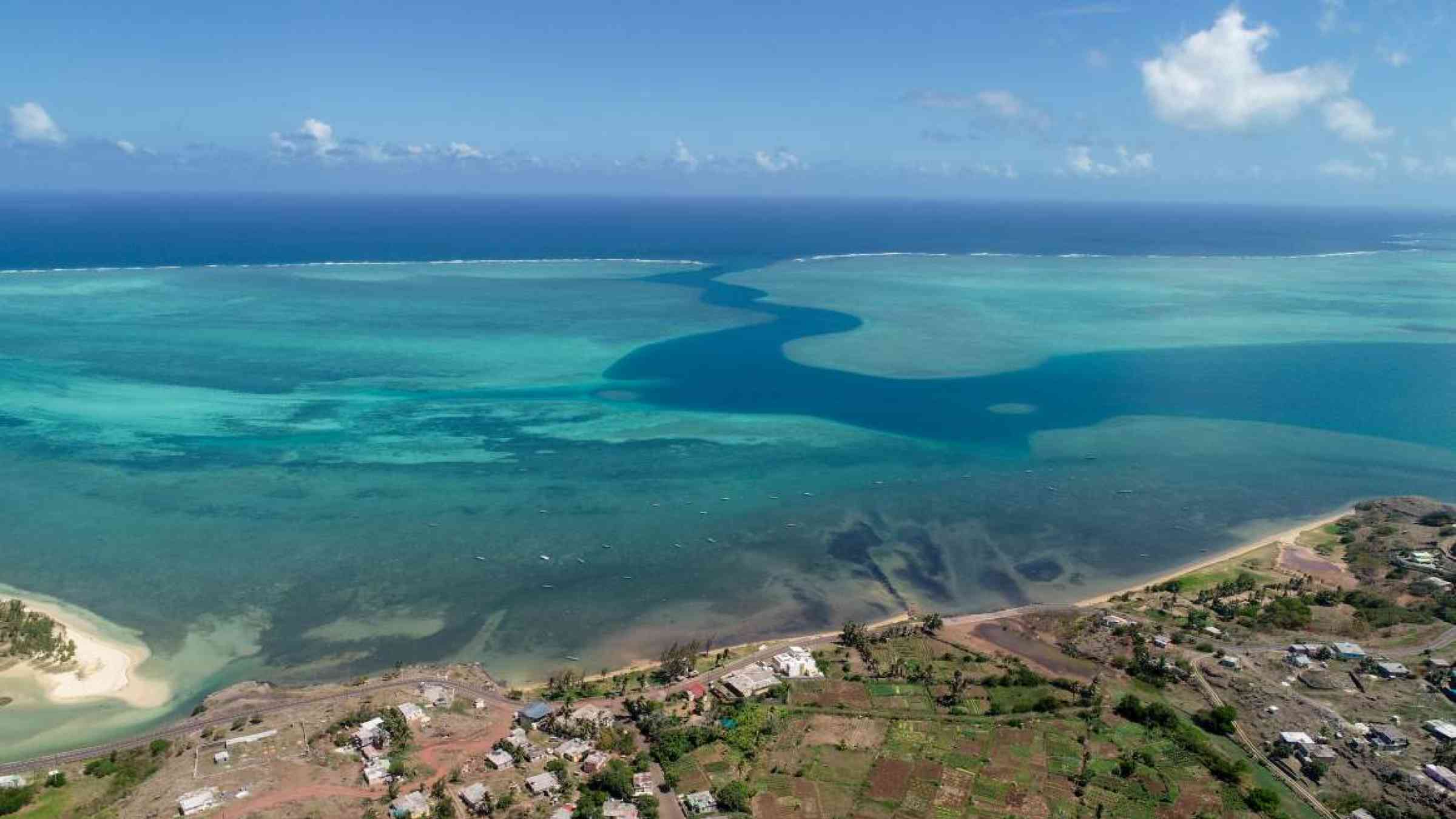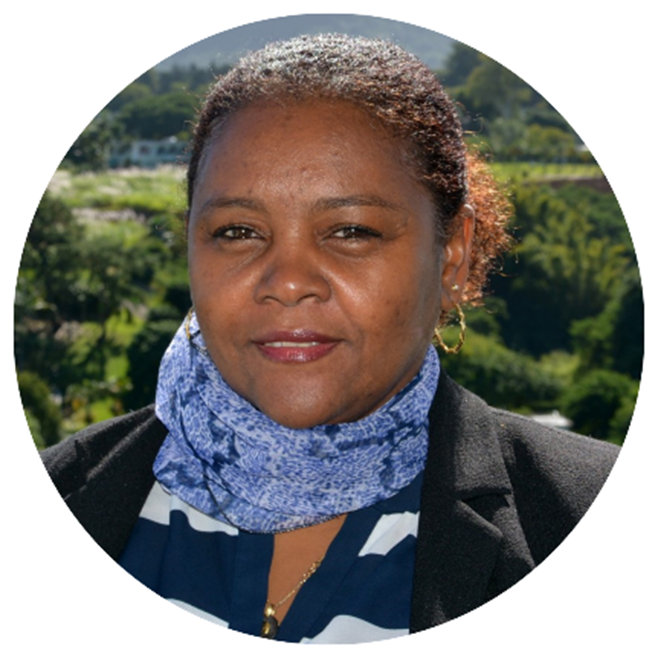Gina Bonne: Coordinating island states to cope with the climate emergency

Gina Bonne assists island states – including Madagascar, Mauritius, Reunion, the Comoros and Seychelles – to manage climate change-related issues and disaster risk reduction. Her work as Head of the Environment and Climate Change Department for the Indian Ocean Commission (IOC) focuses on programmes involving the environment, climate change, maritime affairs and fisheries.
We cannot achieve much alone
“Interestingly, it was only in 2005 that we actually started to look at the issues of climate change and disaster as a serious threat for the region,” she says.
Her background is in agronomy, and prior to working with IOC she was responsible for a laboratory in the Seychelles, working with farmers to deal with pests and diseases.
“I’m a plant pathologist, and working with the farmers was really something very interesting,” she says.
She then worked on agricultural planning for the Government of Seychelles, an experience she found eye-opening.
“This was where I really learned about the issues of land management and the social impact of development on society,” she says.
“And this was the area where I came to realize we cannot achieve much alone.”
Building bridges and breaking down silos
Ever since, Bonne has focused on collaboration.
“From doing integrated pest management to moving into agricultural planning where there are so many stakeholders involved, it’s really brought the idea that we need to collaborate, and partnership and collaboration is what I've been promoting throughout my career,” she says.
When she joined the IOC in 2005, collaboration wasn’t common.
“We were working more in silos,” she says.
“So we started to look at the mindset, to understand, and you go beyond just being the technical person, and you go into the social aspect, to understanding the people around you and in the culture, because we work with different islands around the Indian Ocean and you have to understand the cultures within which you are working and that they are different.”
She started to look at how agriculture and the environment work together, and how the environment and ocean issues go together, for example, trying to create bridges and partnerships across countries and organizations.
Direct experiences of disasters
“Today, I think there is more understanding in the countries about collaborative work and the need for early warnings, because in fact more and more we are seeing the impact on the region.”
Personal experience has also had an impact on Bonne’s work – her community has been victim to landslides.
“In a way, it’s given me a way to talk about it, so people understand what it’s all about, and why we should take the measures to protect our families,” she says.
“All of this has shaped who I am today, and this passion to help people to take care of themself and their properties.”
Gina Bonne is Head of the Environment and Climate Change Department of the Indian Ocean Commission
Editors' recommendations
- Eleni Myrivili: "The social glue of a city is key to heat resilience"
- Esline Garaebiti: “If you understand the risk, then you can understand how to cope with it”
- Maselina Iuta Fiso: “If we don’t inform or teach those with disabilities how to protect them from disaster,
- Desperately seeking climate science translators: the humanitarian community urgently needs a new profession